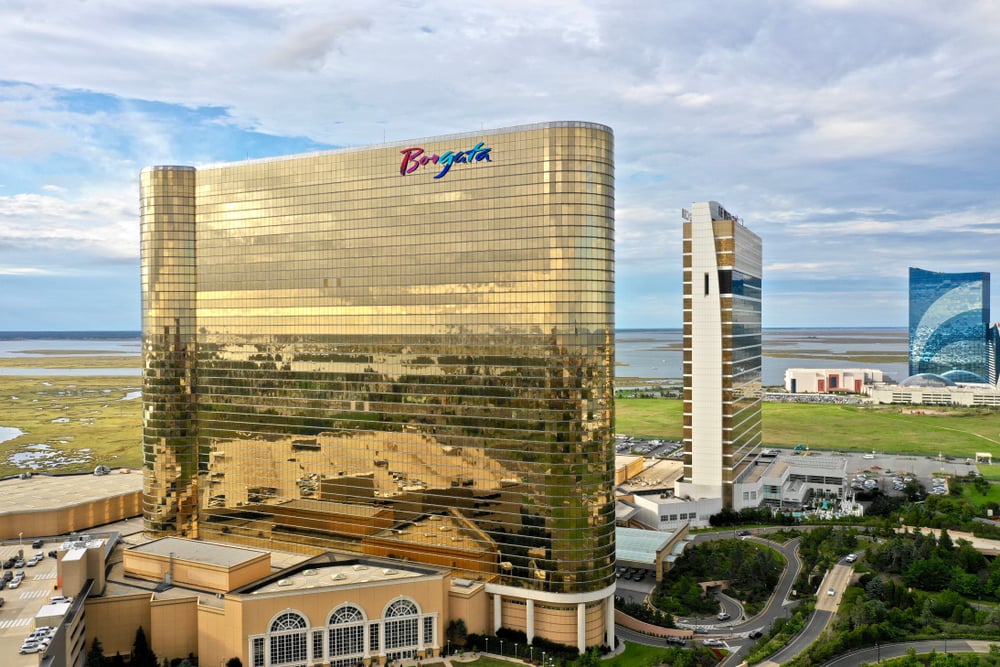Unapproved legal representation claimed
The Nevada attorney representing professional poker players Daniel “Jungleman” Cates and Illya Trincher has filed a supplemental objection regarding the garnished WSOP winnings of Phil Ivey.
Schonfeld’s latest filing asserts that Borgata attorney Jeremy Klausner is unlicensed in Nevada
Las Vegas-based counsel Richard H. Schonfeld’s latest filing asserts that Borgata attorney Jeremy Klausner is unlicensed in Nevada, and had not arranged for valid representation in June 2019 when filing paperwork to seize Ivey’s $124,410 winnings.
The Phil Ivey case continues
Schonfeld’s latest filing on September 16 asserts that the US District of Nevada should nullify the garnishment order that froze Ivey’s big World Series of Poker payday. Previously, Cates and Trincher claimed ownership of $87,205 of Ivey’s winnings.
The frozen money, currently held in escrow by the US Marshal’s Service, represents just one percent of the money owed by Ivey to the New Jersey-based Borgata. A separate appeal launched by Ivey over the $10.13 million mini-baccarat “edge sorting” judgment continues in New Jersey.
Nevada court clerk error alleged
Schonfeld’s supplemental filing claims that the Borgata attorney failed to arrange for a Nevada-licensed attorney to represent the casino’s interests there. The added objection also asserts that the Nevada court clerk who issued the garnishment writ made a correctable error.
Schonfeld seeks a nunc pro tunc (“now for then”) cancellation of the garnishment writ. He wrote: “[T]he Writ should not have been issued by the clerk, due to the apparent failure of [Borgata] counsel to comply with the rules.” He added:
Mr Klausner does not appear to have obtained local counsel as required by the rules.”
Schonfeld also maintained that “[u]pon further investigation, it appears that Mr Klausner is not admitted to practice in the State of Nevada or the US District of Nevada, and did not obtain pro hac vice (replacement) permission to appear before this Honorable Court as required under [Nevada legal rules]. Moreover, Mr Klausner does not appear to have obtained local counsel as required by the rules.”
Schonfeld is a partner in the high-profile Las Vegas legal firm Chesnoff & Schonfeld, known for representing wealthy celebrities and prominent gamblers in various legal battles. Schonfeld has also represented Phil Ivey in other cases.
Bigger garnishment threat remains
Whether or not Ivey’s backers succeed in unwinding the garnishment will have little effect on Ivey’s own financial exposure. The Borgata and its parent company, Marina District Development Co. LLC, continue pursuing Ivey’s assets. Ivey resides in Las Vegas and previously had property and business interests there.
According to numerous pros and poker observers, that continuing threat is likely to dissuade Ivey from playing future poker events in the US. If done properly, the Borgata’s existing $10.13 million judgment against Ivey can be enforced in any of the 50 states.
